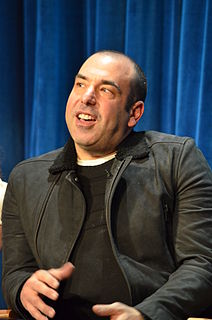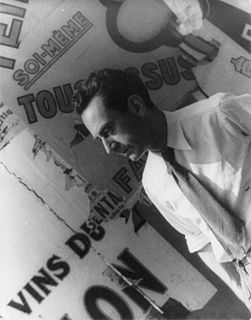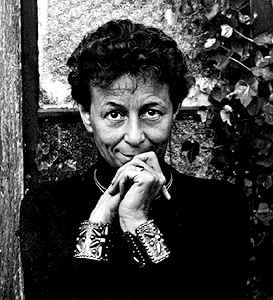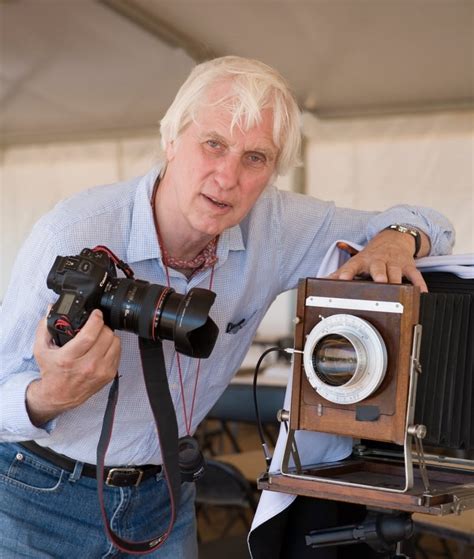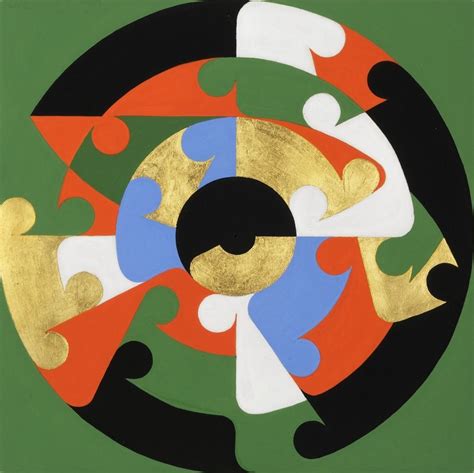A Quote by Henri Cartier-Bresson
The picture is good or not from the moment it was caught in the camera.
Related Quotes
For me, what was important was to record everything I saw around me, and to do this as methodically as possible. In these circumstances a good photograph is a picture that comes as close as possible to reality. But the camera never manages to record what your eyes see, or what you feel at the moment. The camera always creates a new reality.
Everybody has a camera on their phone these days, everybody wants a selfie or a picture, and the moment one person starts taking a picture everybody congregates around so I've become quite a fast walker. I don't like saying, "No," to people but by walking fast one might be able to avoid the first photo.
There is a creative fraction of a second when you are taking a picture. Your eye must see a composition or an expression that life itself offers you, and you must know with intuition when to click the camera. That is the moment the photographer is creative. Oop! The Moment! Once you miss it, it is gone forever.
The feeling I have reminds me of New Year’s Eve, when the countdown is coming and I’m not quite sure whether to grab my camera or just live in the moment. Usually I grab the camera and later regret it when the picture doesn’t turn out. Then I feel enormously let down and think to myself that the night would have been more fun if it didn’t mean quite so much, if I weren’t forced to analyze where I’ve been and where I’m going.
I have a genuine philosophy. I do not want to make negative pictures about people, and so I do everything I can to help make them feel comfortable in front of the camera. That is what is going to control your picture, because you are alone if your subject is not with you. And that's the simple answer to getting a good picture.



